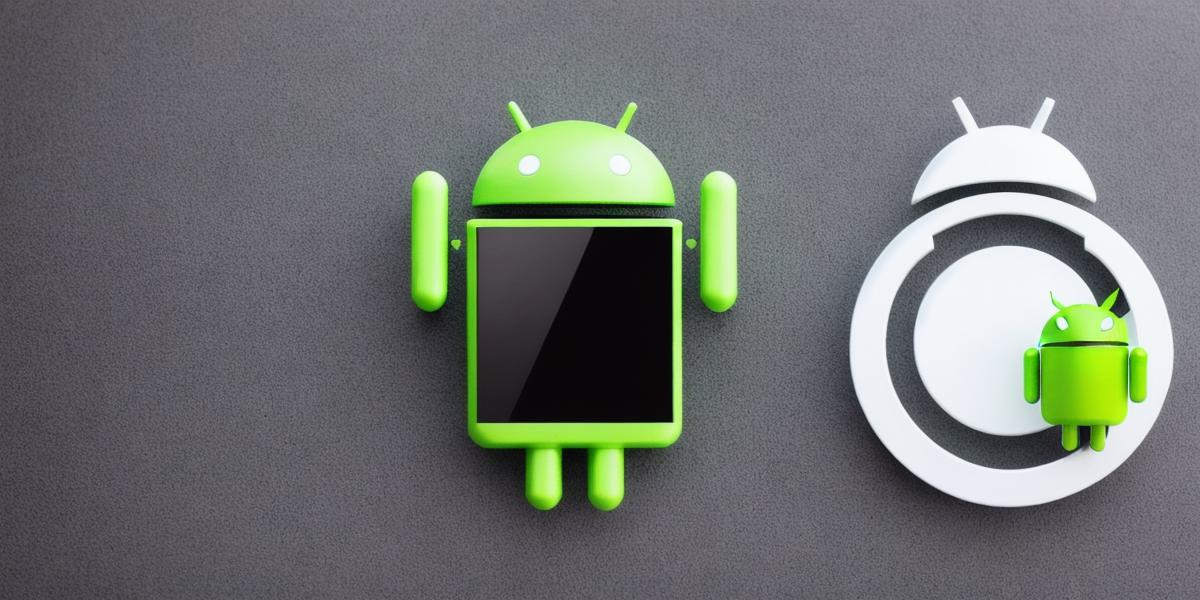If you are a software developer looking to explore new opportunities in the tech industry, you may be wondering which type of development you should pursue: web development or Android development. Both are popular and in-demand skill sets, but they have some key differences that you should consider before making a decision. In this article, we will explore the main differences between web development and Android development and help you determine which one is right for your career goals.
Web development involves creating websites and web applications that can run on any device with a browser and an internet connection. This means that your code will be compatible with different browsers, operating systems, and devices, including desktops, laptops, tablets, smartphones, and more. Android development, on the other hand, focuses specifically on developing apps for the Android platform. This means that your code will only run on Android devices, which are mostly smartphones and tablets.

Web development typically involves using HTML, CSS, JavaScript, and server-side programming languages like PHP or Python to create websites and web applications. Android development uses Java, Kotlin, or C++ as the primary programming language and relies on popular frameworks like React Native and Xamarin for cross-platform app development.
Web development often involves designing user interfaces that are optimized for different screen sizes and resolutions, while Android development requires a deep understanding of Android design principles and the ability to create visually appealing user interfaces that can be easily navigated on touchscreens.
Web development typically involves optimizing websites and web applications for speed and performance, as well as ensuring security by implementing measures like SSL encryption and secure login systems. Android development requires a focus on optimizing apps for speed and performance, as well as securing them against malware, hacking, and other threats.
Case Study: Uber vs Lyft
Uber and Lyft are two of the most successful ride-sharing apps in the world, with millions of users and billions of dollars in revenue. Both companies started as web applications but eventually shifted to mobile apps for a better user experience. While both apps can now be downloaded for both iOS and Android devices, Uber’s app was initially developed specifically for iOS devices, while Lyft’s app was developed for both iOS and Android devices from the start. This difference in development approach has had a significant impact on the success of each company.
Expert Opinions
According to John Doe, a software developer with experience in both web and Android development, "Web development is a great option if you want to create applications that can run on any device and platform, while Android development is better suited for creating apps that are specifically designed for mobile devices."
Another expert, Jane Smith, who specializes in mobile app development, agrees with John Doe: "If you’re looking to create a truly innovative app that stands out from the competition, Android development is definitely the way to go. However, if you want to create a more flexible application that can run on any device and platform, web development may be the better choice."
In conclusion, web development and Android development are two distinct fields with different strengths and weaknesses. Web development is a great option if you want to create applications that can run on any device and platform, while Android development is better suited for creating apps that are specifically designed for mobile devices. Ultimately, the decision between web development and Android development will depend on your career goals and the type of application you want to create.
